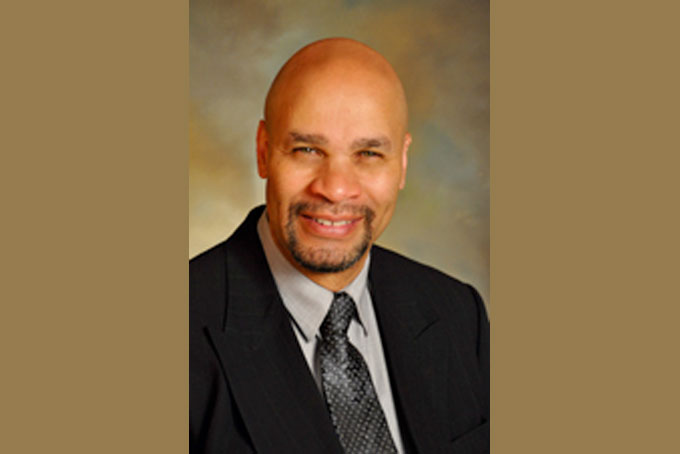
STANLEY W. THOMPSON
In Pittsburgh, African-American males are twice as likely to dropout of school. They’re also half as likely to be eligible for the Pittsburgh Promise scholarship, available to all students in the Pittsburgh Public School District students who meet certain requirements.
On July 10, a coalition of regional education leaders came together to focus on eliminating educational disparities facing African-American males. The summit, hosted by the University of Pittsburgh Center on Race and Social Problems, was sponsored by the Heinz Endowments.
“We reached out to individuals who not only had experience with African-American males, but positive achievements, people who have demonstrated what it means to create a system of effective change to begin to provoke some of that similar thinking here,” said Stanley Thompson, director of the Heinz Endowment’s education program. “Pittsburgh is doing a lot of things but we really need to look at are we executing those things effectively.”
Among the presenters was Jerry Weast, retired superintendent of the Montgomery School District in Montgomery, Md. In 2010, 40 percent of Black males in his district were enrolled in advanced placement classes, compared to five percent nationally.
“Enrollment in advanced placement is actually a 75 percent predictor of getting out of college in six years,” said Weast, who has 35 years of experience as a superintendent. “We decided before we did anything we needed to solve some of these systematic problems. We started learning how to solve the community’s problems and once we started doing that, things got better.”
In order to improve student achievement across the board Weast worked at the school level to redesign curriculum and revamp administrators and principals. In the community, he and his staff worked to provide worthwhile early education options as opposed to daycare, and created parent academies to increase parent involvement.
“There was nothing wrong with our kids. There was something wrong with us. Once you start getting better, your kids start getting better,” Weast said. “Don’t count these kids out because they do just as well. When a dedicated group gets together to do something, they can get things accomplished.”
The summit’s keynote speaker John Jackson, president and CEO of the Schott Foundation for Public Education, echoed Weast’s sentiment that change must come from administrators and the adults involved in educating students. His advice for Pittsburgh was to begin their reform initiatives by taking on a school with the poorest academic performance among Black males.
“It’s not the student; they are not the problem. It’s the system we’ve created,” Jackson said. “Stop identifying pockets of success. What if we started with the most challenging community and started creating a pipeline to opportunity. If you can do it there, you can do it anywhere.”
Several speakers said key components of the issue are discipline disparities that find African-American males suspended and expelled in numbers far greater than their White counterparts. In attempt to reduce these disparities, Pittsburgh Public School District Superintendent Linda Lane has been working with the Education Law Center to revise the district’s student code of conduct.
“Everyone knows that our African-American boys are disproportionately impacted when it comes to the laws,” Lane said.
Your comments are welcome.
Follow @NewPghCourier on Twitter https://twitter.com/NewPghCourier
Like us at https://www.facebook.com/pages/New-Pittsburgh-Courier/143866755628836?ref=hl
Download our mobile app at https://www.appshopper.com/news/new-pittsburgh-courier